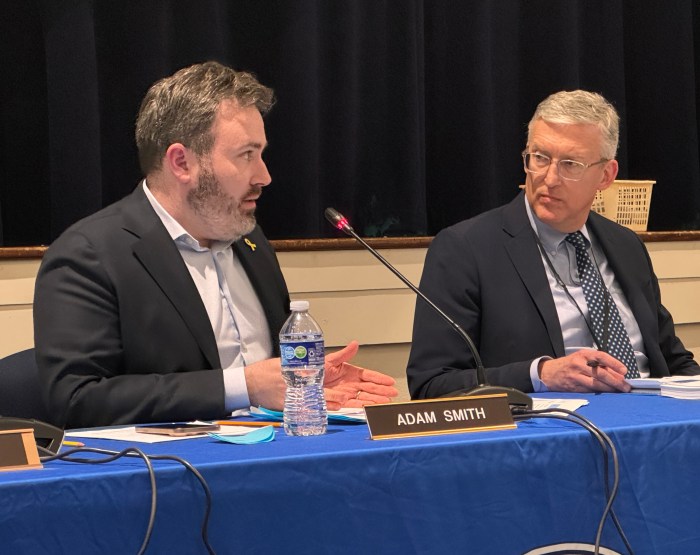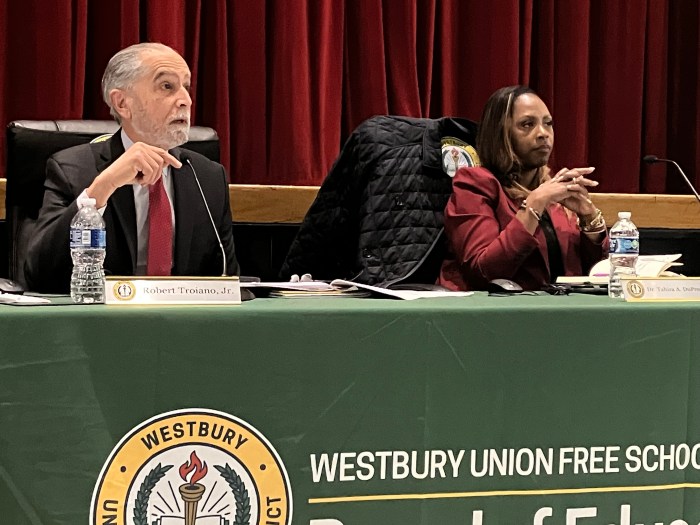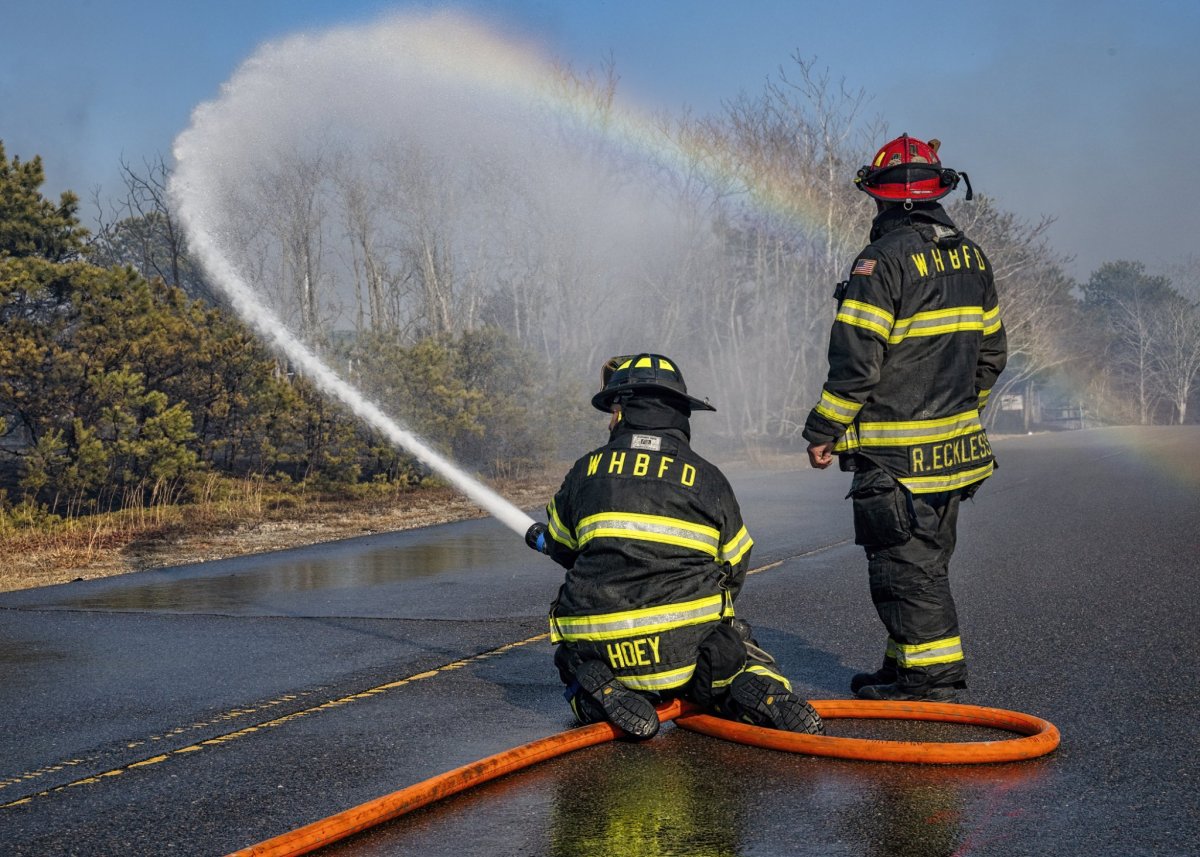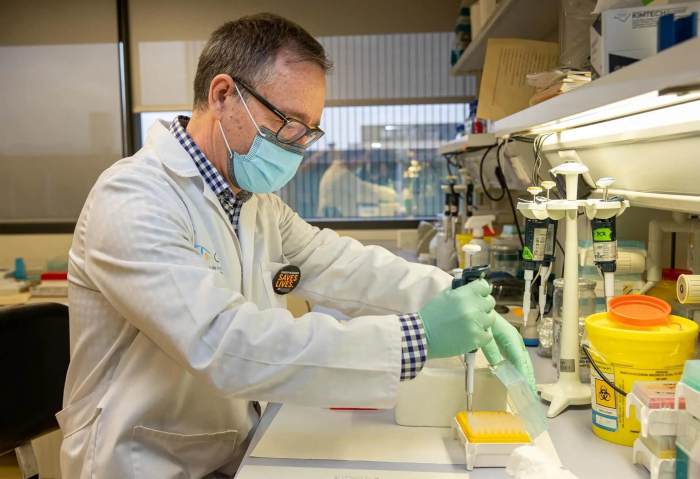Your old bike may be doing nothing more than taking up space in your garage, but for people in Africa, a bicycle could be the key to literacy, a higher income, and overall better life. Wheatley School science teacher Steven Finkelstein saw this first hand when he went to Africa
in 1997. An avid bicyclist, seeing how people’s lives were changed with this simple vehicle fueled a passion in him to help bring cycles to Africa.
In 1999, he saw that dream realized as he helped organize the Afri-Bike Coalition at Wheatley. Together with the nonprofit organization the Village Bicycle Project, the group held their first bike collection in 1999, and in 2000, sent 200 bikes to Ghana. Since, then they’ve sent a total of 2,500 bikes to Ghana.
“We’re giving them this tool of empowerment,” says Finkelstein. “We’re not just giving them money, but a tool to make money. Our trash is their treasure.”
The Wheatley Afri-Bike Coalition is once again collecting bikes to send to Ghana and is asking for the community’s help in reaching their 500 bike goal. They currently have 250 bikes and will hold their second and final collection weekend of the year May 16-18 from 9 a.m. to 5 p.m. at the Wheatley School. Any bike, in any condition is acceptable. They are also accepting any bike-related equipment such as helmets, locks, seats, chains, etc.
Ariana Cohn is the Afri-Bike Coalition’s co-president and has helped collect bikes since 2008, when her older sisters were involved with the cause.
“When I was younger, I thought it was this cool thing my whole family did, and as I got older and started taking on responsibilities, I really enjoyed going to the collection and processing bikes and working with them and knowing the bikes were helping a good cause,” said Cohn.
Collecting and shipping bikes 5,000 miles away across the globe is no easy task. After months of planning, students spend three days for four or five weekends throughout the year collecting bikes donated by community members. They then spend an entire Saturday processing the bikes, which includes taking apart the pedals and tying them to the bike and loosening the handlebars so they can be flipped to make the whole bike as narrow as possible. The bikes are then packed into a 40’ by 15’ box.
“We make the bikes compact and thin so we can fit as many as possible into the container,” says Finkelstein. “The bikes are packed in like sardines and it takes hours to load. It’s an all-day affair.”
Each container can typically fit about 500 bikes. Regardless of how full the container is, it costs $5,000 to ship so the cost to ship each bike comes out to about $10. Once they are collected, it takes six months for them to be shipped to Ghana, where they are distributed through the Village Bicycle Project. The bikes are sold for $25, a month’s wages in Ghana. Ghanaians can also attend a full day workshop where they learn how to take care of a bike and ride safely, and get the bike for half price.
“After they’ve put in an entire day and all that investment, they’re motivated and they’re not going to let the bike go to waste, and they can take care of it,” Finkelstein says.
For Ghanaians, bikes can be a life changer. In 2000, Finkelstein was able to go to Ghana to help deliver the bikes and describes it as an amazing, unforgettable experience. He remembers seeing a barefoot woman with a baby on her back, walking seven miles to sell coconuts, which were piled high on her head. She would sell the coconuts and then walk seven miles back home in time to make her husband dinner.
“You give a woman like that a bicycle with a basket, and you’ve transformed that family’s life,” says Finkelstein. “Or give a bike to a family who can’t afford 20 cents a day to put a kid on a bus to go to school. Now they can get to school and become literate and get a job.”
And it’s this knowledge that makes all the time and physical labor that comes with collecting bikes worth it for students like Cohn.
“I really enjoy doing something good for other people and the feeling after we load up the shipping container after months of hard work. Knowing we’re helping people out is a good payoff,” she says.
The community can drop off bikes from 9 a.m. to 5 p.m. at the Wheatley School, at 11 Bacon Rd. in Old Westbury May 16-18. The school is also accepting monetary donations to help with shipping costs and checks can be addressed to the Wheatley School Afri-Bike Coalition.































